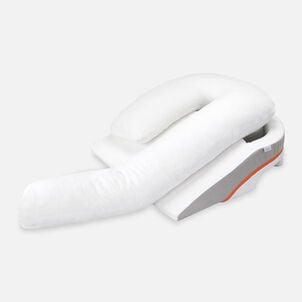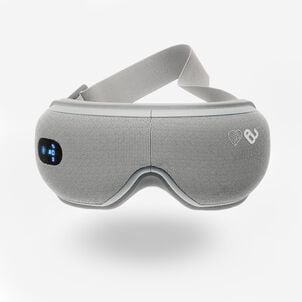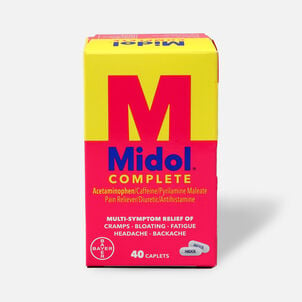Health Savings Accounts (HSAs) and Medical Savings Accounts (MSAs) can both be excellent choices for anyone looking to save money on medical expenses by contributing pre-tax dollars.
But, as with any plan, it's important to understand the differences between your options before making a decision. You need to consider whether or not the plan will meet your short and long-term needs. Let's take a closer look.

Eligibility
Not everyone is eligible to enroll in an HSA or MSA. Each plan has certain requirements that must be met. This includes:
HSA - An HSA is an account for people and families who are enrolled in a high deductible health plan (HDHP). These can be made available from both employer health plans and individual health plans. They're available regardless of whether you're self-employed or employed by a company.
Archer MSA - Archer MSAs were the program that came before HSAs. MSAs are only available to self-employed individuals or people who are employed by a company with 50 or fewer employees. Like with an HSA, you need to be enrolled in a HDHP to be eligible. Archer MSAs have been restricted since 2007, but there are still some cases where a new account can be opened.
Medicare MSA - If you're covered by Medicare, you'll be eligible for a Medicare MSA.
What's the difference?
MSAs and HSAs are quite similar in many ways. They're both tax-deductible accounts that you can use to pay for qualified medical expenses. Both types of accounts require you to be enrolled in an HDHP in order to be eligible.
There is no "use it or lose it" policy with these funds that require you to spend them before an annual deadline, and the funds accumulate in your account without being considered taxable income for as long as you have the account. So both accounts can be used as a retirement saving account that you can withdraw funds from once you turn 65.
You'll also find that paying for medical expenses is made simple with most accounts. You can use the debit card provided by your administrator and you're often able to make claims simply through an app as long as you have the receipt to prove that the expense is eligible.
But even with these similarities, there are some key differences, including:
- Contributions - If you enroll in an HSA, it can be funded by your earnings, your employer's contributions, or a combination of both, or by anyone else who wishes to contribute to it. But a MSA is different in that it can only be funded by one source - you and your employer can not simultaneously make contributions to the account.
- Premiums - If you're enrolled in a HDHP through your employer or as an individual, you'll often find that you have a lower premium. If you have a Medicare MSA with a high-deductible Medicare Advantage Plan, you may pay no premium but pay high-deductibles and more out-of-pocket expenses.
- Contribution Limits - HSA contribution limits are set by the IRS and indexed every year for inflation. MSA limits are 65% of an individual's plan deductible.
These differences might seem minor, but when it comes to your money, nothing is negligible. Since we're not financial professionals, be sure to speak with a qualified professional before making any major savings and investment decisions. Together, you can take the time to consider these factors and determine what type of annual plan is right for you.
—
Thank you for visiting the HSA Store Learning Center. Don’t forget to follow us for more helpful tips on Facebook, Instagram, and Twitter.


.png)
















